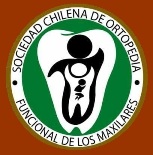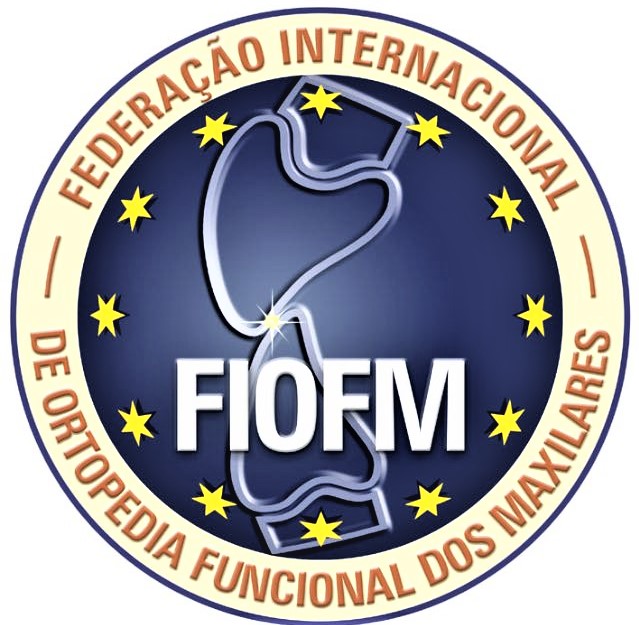Joomla!
Artículos Importantes
Importantes artículos relacionados con 2°Jornada de Ortopedia Funcional de los Maxilares
- Disfunciones del Sistema Estomatognatico. Descargar
- La salud primal y su relación con la salud oral. Descargar
- Amamantamiento función ortopedica natural y necesaria para el normal desarrollo del sistema estomatognatico. Descargar
- Hábitos parafuncionales de succión. Descargar
- Signos clínicos del niño respirador bucal. Descargar
- Respiración bucal visión clínica Integral. Descargar
System
System plugins operate every time a page on your site loads. They control such things as your URLS, whether users can check a "remember me" box on the login module, and whether caching is enabled. Â New in 1.6 is the redirect plugin that with the redirect component assist you in managing changes in URLs.
Default on:
- Remember me Help
- SEFÂ Help
- Debug Help
Default off:
- Cache Help
- Log Help
- Redirect Help
Syndicate Module
The syndicate module allows you to display a link that allows users to take a feed from your site. It will only display on pages for which feeds are possible. That means it will not display on single article, contact or weblinks pages, such as this one. Help
Statistics Module
The Statistics Module shows information about your server installation together with statistics on the Web site users, number of Articles in your database and the number of Web links you provide.
Search
The search component uses plugins to control which parts of your Joomla! site are searched. You may choose to turn off some areas to improve performance or for other reasons. Many third party Joomla! extensions have search plugins that extend where search takes place.
Default On:
- Content Help
- Contacts Help
- Weblinks Help
- News Feeds Help
- Categories Help
Subcategorías
Extensions
The Joomla! content management system lets you create webpages of various types using extensions. There are 5 basic types of extensions: components, modules, templates, languages, and plugins. Your website includes the extensions you need to create a basic website in English, but thousands of additional extensions of all types are available. The Joomla! Extensions Directory is the largest directory of Joomla! extensions.








